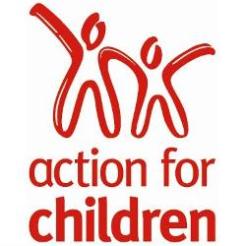The UK’s first ever social impact bond to fund foster placements for children in residential care will be run by Action for Children.
The £1.2m five-year social impact bond, which was launched in Manchester last week, has been commissioned by Manchester City Council.
Bridges Social Impact Bond Fund will provide the working capital investment in the scheme.
Action for Children will be responsible for finding specialist placements for young people who are currently living in residential care homes.
A SIB is a type of payment-by-results contract where investors provide a not-for-profit organisation with capital to carry out interventions. A public sector body pays out if the interventions are successful. The investors make a profit if the project works, and lose money if it does not.
A spokeswoman from Bridges Ventures told Civil Society News that the programme will be judged as succesful on the stability of long-term foster placement and child wellbeing outcomes. These include school attendence and attainment, and reduction in anti-social behaviour.
David Derbyshire, director of practice improvement at Action for Children said: “We believe that all young people, however troubled, can be helped. This type of foster care is specialised and intensive, working with both the young person and the whole family.
"Our experience running a successful multi-dimensional treatment foster care programme in Hampshire has shown us what can be achieved for young people.
“Action for Children is leading the way in using social impact bonds to open up a valuable source of funding for children’s services and we are committed to working with more local authorities and funders in this kind of arrangement.”
Foster carers will be trained to provide multi-dimensional treatment foster care (MTFC), which helps young people with challenging emotional and behavioural difficulties move back into family settings.
Action for Children already run a MTFC service in Hampshire. Results showed a 94 per cent reduction if offending for those young people who completed the three to five month programme. A further 96 per cent were not taking drugs and 96 per cent were in education, employment or training.









